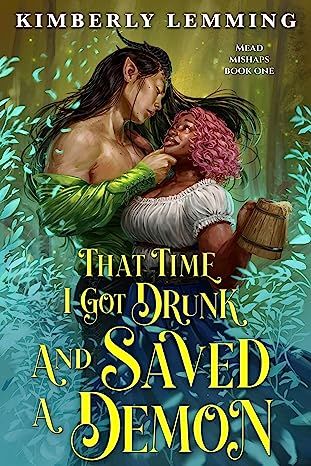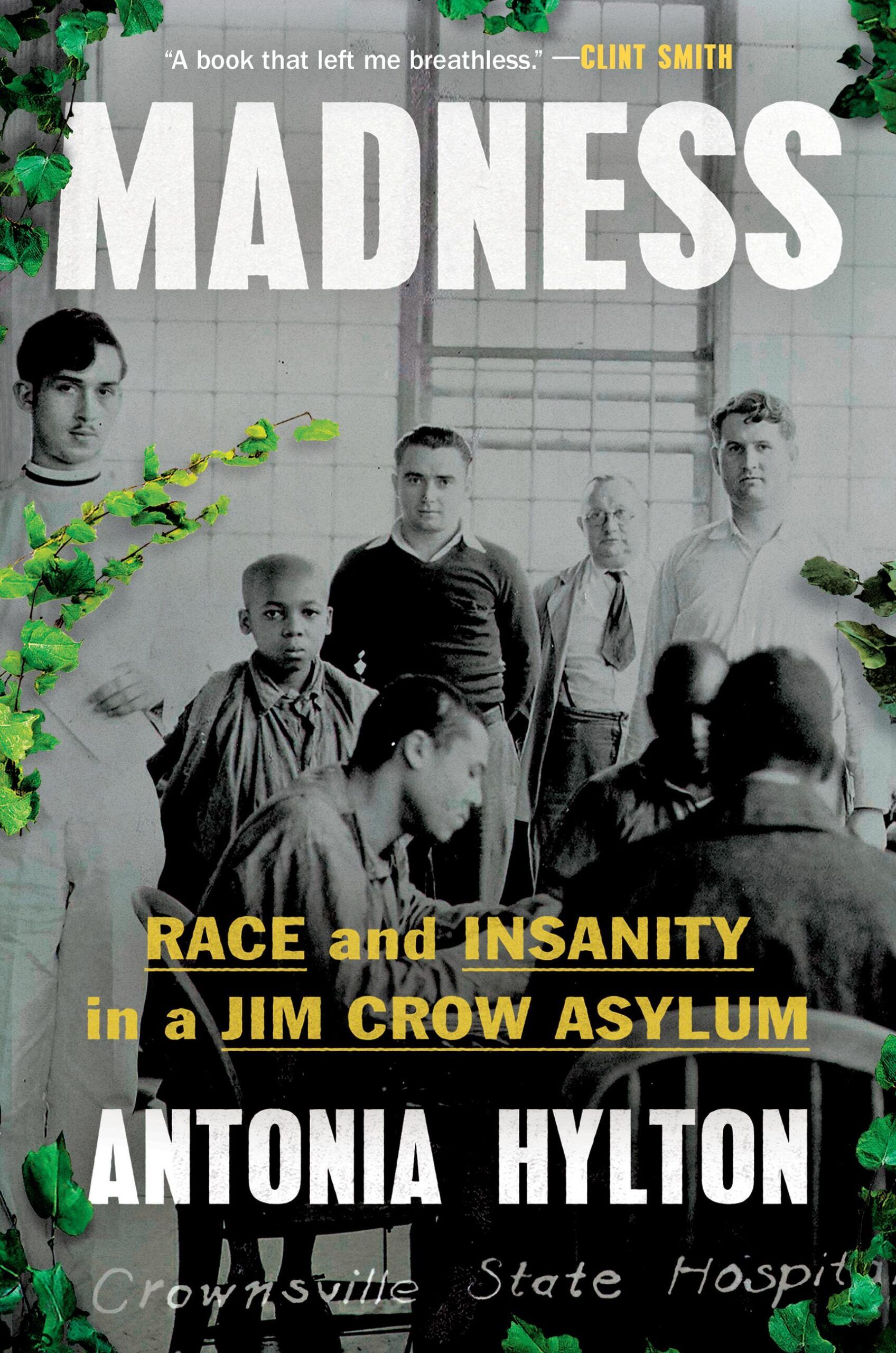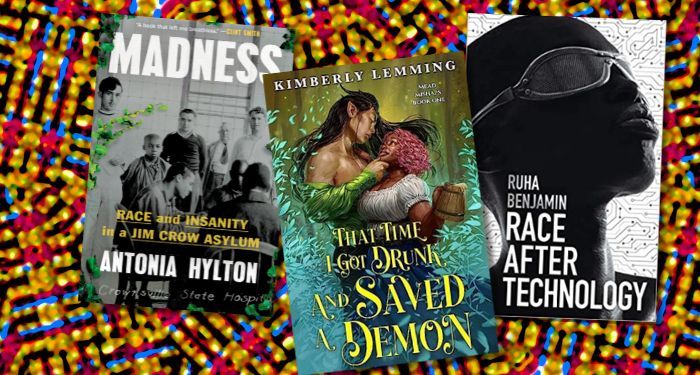This content contains affiliate links. When you buy through these links, we may earn an affiliate commission.
As far as reading challenges go, I have to admit that the first few days of February have me sweating. I am already behind!
Since Danika is out, I’ve decided to look at some books by Black authors that can be applied to at least one of the Read Harder tasks. That way, if you were looking to get more books by Black authors in this month, you can do so while still completing tasks. Just because my reading goals are in shambles doesn’t mean yours have to be!
The books below belong to a number of genres, and will satisfy tasks 1, 4, 5,6, 12, and 17. And, as usual, the first two recommendations are available to everyone, while the remaining four are reserved for the Read Harder Community, so make sure to sign up if you can!
1. Read a cozy fantasy book


That Time I Got Drunk and Saved a Demon by Kimberly Lemming
Tell me you wouldn’t read the title of this in a bookstore and have to pick it up (which also makes it prime material for #16 of the challenge, “Read a book based solely on the title”). And the title is pretty spot on. Cinnamon is drunk when she saves the shifter demon Fallon, and after he follows her home and tells her of the evil goddess that has reduced demons to zombie-like states, she accompanies him to free his people. She helps him free some other things, too, if you know what I mean. This is a fun, funny, steamy monster romance with a Black female lead (in other words, you should read it ASAP). Bonus points for Cinnamon’s siblings being named Chili and Cumin.
4. Read a history book by a BIPOC author


Madness: Race and Insanity in a Jim Crow Asylum by Antonia Hylton
Twelve Black men were led deep into a forest in Maryland in 1911 and made to clear the land, build a structure, and harvest tobacco. Once the structure was finished, it became the state’s Hospital for the Negro Insane, and they became its first patients. Thus begins Hylton’s 93-year spanning history of Crownsville Hospital, one of the largest segregated asylums that still has records, and a testament to how the more things change, the more they stay the same in this country. Through Hylton’s meticulous research, we see how the hospital represents a microcosm of America’s tendency to engage in slavery by a different name (the hospital started as an antebellum-style work camp), its struggle with integration and with providing needed mental health care to its most vulnerable populations, and the fight for civil rights.
Are you planning to complete any Read Harder tasks with books by Black authors this month? Let’s exchange suggestions in the comments!
The comments section is moderated according to our community guidelines. Please check them out so we can maintain a safe and supportive community of readers!
Also make sure to check out all the previous 2024 Read Harder posts here!

